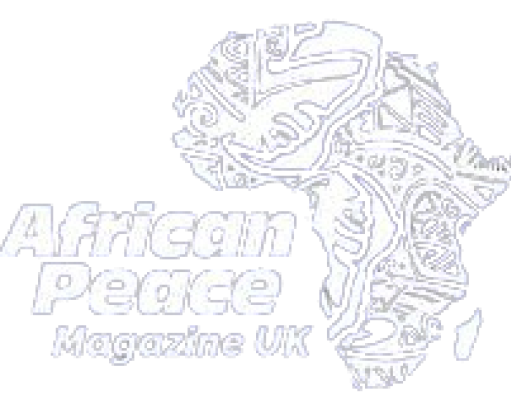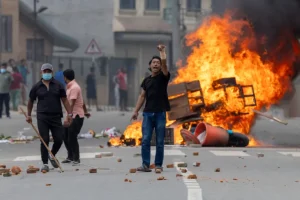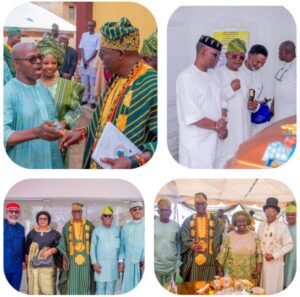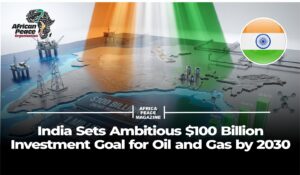NEPAL PM, OLI RESIGNS AS YOUTH-LED PROTESTS TORCH PARLIAMENT, POLITICIANS’ HOMES
Social-media ban sparks mass demonstrations; security forces use tear gas, rubber bullets and water cannon as army enforces curfew and UN urges a transparent probe.
Nepal’s Prime Minister K.P. Sharma Oli resigned on Tuesday as large, mostly youth-led demonstrations continued in Kathmandu following a controversial social media ban that had been lifted earlier in the day.
Protesters forced their way into the parliament complex and set parts of the Federal Parliament on fire, and residences of senior politicians including former prime minister Pushpa Kamal Dahal (Prachanda) were attacked or torched.
The unrest began after the government blocked dozens of social platforms; the measure triggered nationwide “Gen-Z” anti-corruption protests that quickly broadened into wide-ranging anger at perceived nepotism and economic stagnation. Even after authorities lifted the ban, demonstrators continued to march and clash with police.
Security forces responded with tear gas, water cannon and rubber bullets as crowds tried to breach government buildings; local officials and media reported that police action on Monday left scores dead, authorities put the toll at 19 and hundreds injured. The continuing violence prompted an indefinite curfew in Kathmandu and the deployment of the army to restore order.
The United Nations and international rights bodies called for a prompt, transparent investigation into the killings and urged restraint from all sides. UN human-rights channels and the UN secretary-general publicly demanded accountable probes into the use of force.
Soldiers patrolled deserted streets around the Singha Durbar and parliament precincts, army helicopters evacuated some ministers and authorities reported multiple arrests as they sought to re-establish control. The president’s office has begun consultations on forming a new government after accepting Oli’s resignation.
The protests fuelled by anger over corruption, limited job prospects and a perception of elite privilege mark one of Nepal’s most serious political crises in years, leaving the country under curfew and its political future uncertain.
By: Itoro Etukudo
Sources: Al Jazeera, United Nations (UN Human Rights).





